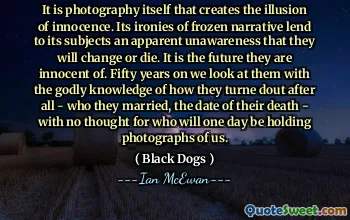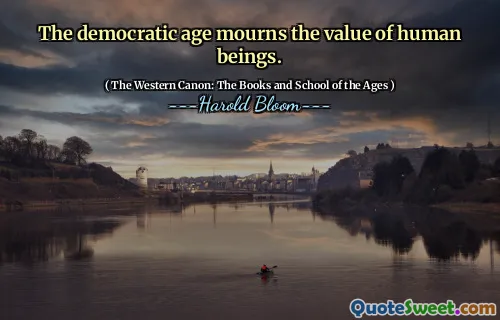If people bring so much courage to this world the world has to kill them to break them, so of course it kills them. The world breaks every one and afterward many are strong at the broken places. But those that will not break it kills. It kills the very good and the very gentle and the very brave impartially. If you are none of these you can be sure it will kill you too but there will be no special hurry.
In "A Farewell to Arms," Ernest Hemingway reflects on the harsh realities of life and the inherent struggles individuals face. He suggests that those who exhibit courage often find their strength tested to the limits, with the world actively working against them. This idea presents a grim view of existence, where the very qualities that inspire bravery and goodness can also invite destruction. Those who resist breaking under pressure may face dire consequences, further emphasizing a theme of survival amidst adversity.
Hemingway's observations reveal a resigned understanding of life’s challenges, suggesting that ultimately, everyone will face hardships. The strong may emerge from their trials with newfound resilience, but even the kind, gentle, and brave are not spared from suffering. The author's poignant message serves as a reminder that while courage is commendable, the struggle against life's relentless challenges is a universal experience, affecting all individuals, regardless of their virtues.

